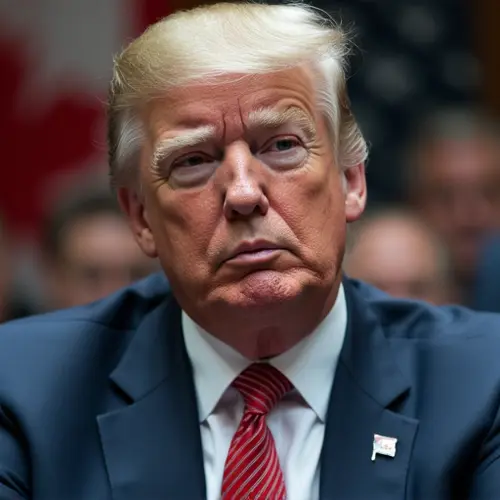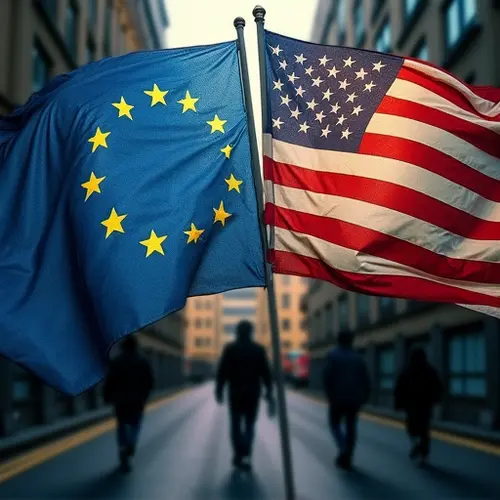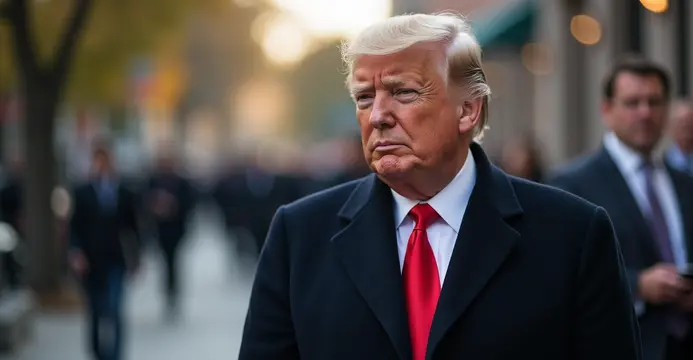
Trade Negotiations Receive New Deadline
President Trump has extended the deadline for a trade agreement between the United States and European Union to August 1, granting negotiators additional weeks to finalize terms. This postponement avoids immediate tariffs threatened by the US administration.
Current Tariff Landscape
Most EU exports to the US currently face a 10% 'pause tariff'. Without agreement, Trump threatened to impose 20% tariffs. Higher rates already apply to automobiles (25%) and steel/aluminum (50%).
Negotiation Status
European Commission Vice President Dombrovskis confirmed negotiations continue at technical and political levels. Recent discussions between Trump and EU Commission President von der Leyen yielded no concrete agreements. The EU seeks a principles-first approach with details finalized later.
EU Internal Divisions
Export-dependent nations like Germany favor accepting 10% tariffs to secure swift agreement. Conversely, France and Spain advocate retaliatory measures if the US refuses concessions. The German position prioritizes protecting automotive interests.
Economic Impact Assessment
Rabobank analysis indicates limited immediate economic damage due to pre-tariff stockpiling. Companies exclusively reliant on US exports face significant pressure. Potential EU counter-tariffs could increase consumer prices and inflation.
Political Reactions
European Parliament debates reveal stark divisions. Italian MEP Benifei demands proportional countermeasures, warning against perceived weakness. Dutch MEP Kruis cautions against escalation, advocating goodwill-based negotiations.

 Nederlands
Nederlands English
English Français
Français Deutsch
Deutsch Español
Español Português
Português







